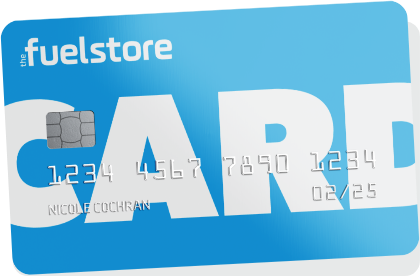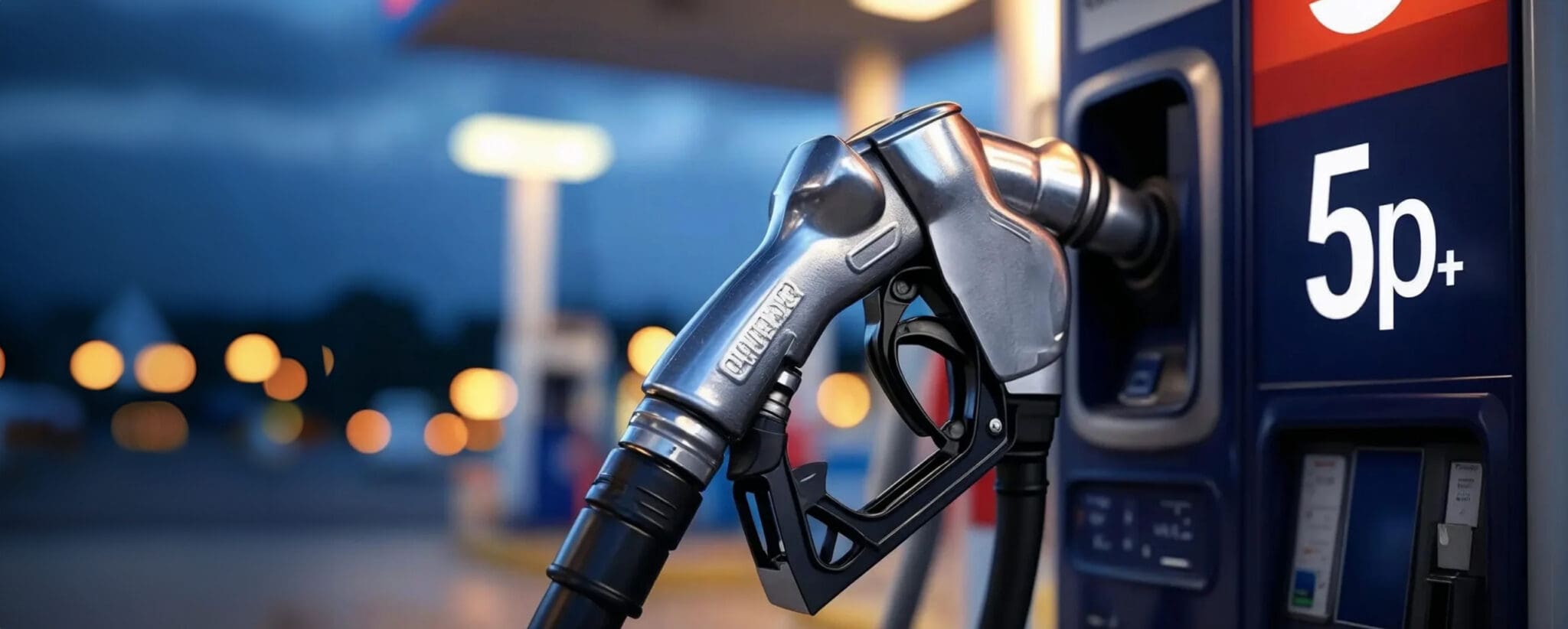The Fuel Store Card


As tensions continue to escalate between Israel and Iran, there is a lot of speculation about how the conflict will impact oil and fuel prices. With analysts predicting that the price of diesel and petrol could increase by 5 pence per litre within the coming weeks, we explore the best way to offset rising prices.
The current geopolitical tensions between Israel and Iran are not just a distant concern. As well as the devastating humanitarian costs, the conflict between Israel and Iran has created lots of speculation around the price of oil. This week, Israel struck over 100 Iranian targets, including key energy facilities. Iran retaliated with missile attacks, causing oil prices to surge sharply (13% on Friday the 13th).
There are concerns that Israeli strikes might impact Iran’s central oil export hub on Kharg Island. If that happens, Iran may retaliate by disrupting traffic through the Strait of Hormuz, a critical passageway for 20% of the world’s oil shipments. Such a move could trigger a major energy crisis, affecting producers like Saudi Arabia and consumers like China, with knock-on effects on the global economy.
That’s a lot of ifs, buts and maybes. While no one knows what will happen next, fuel prices are anticipated to rise.
In the UK, uncertainty is already hitting fuel prices. Oil prices have climbed by around $10 per barrel in a week, while wholesale fuel costs have risen by 3p per litre.
UK analysts predict this could lead to a 5p per litre increase in petrol and diesel prices over the coming months, with some saying the impact could be felt within two weeks.
Protect your profits, offset fuel prices
At The Fuel Store, we keep a keen eye on oil prices – any changes can quickly impact the price consumers pay at the pump. For businesses, rising pump prices hit delivery margins, service costs, and logistics planning – all of which can make your business vulnerable to unexpected price hikes.
If you’re not already using a fuel card – or still relying on last year’s pricing – now is a good time to find one that can offset the impending price rise.